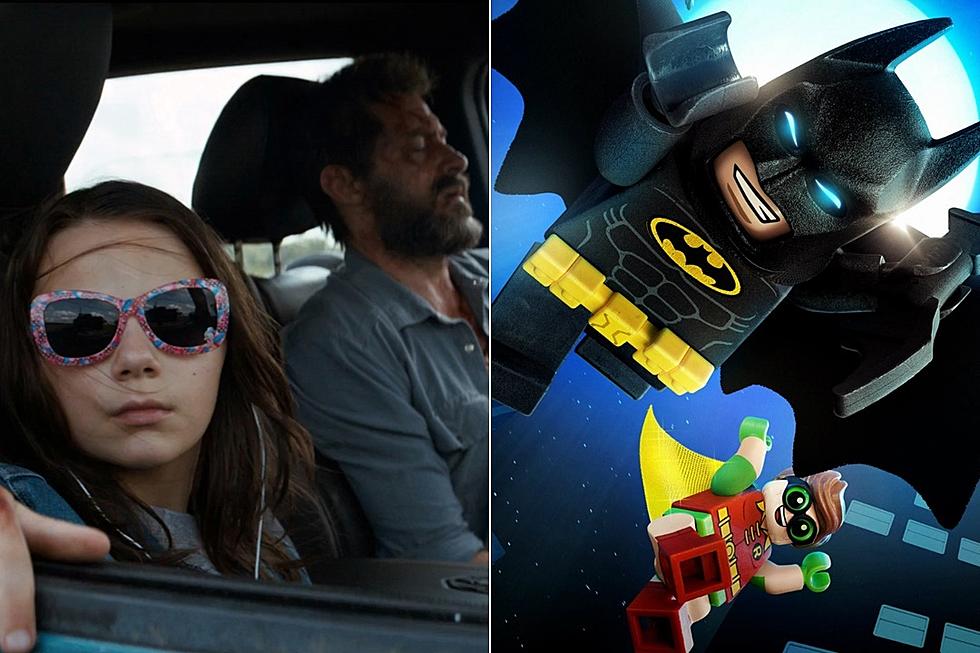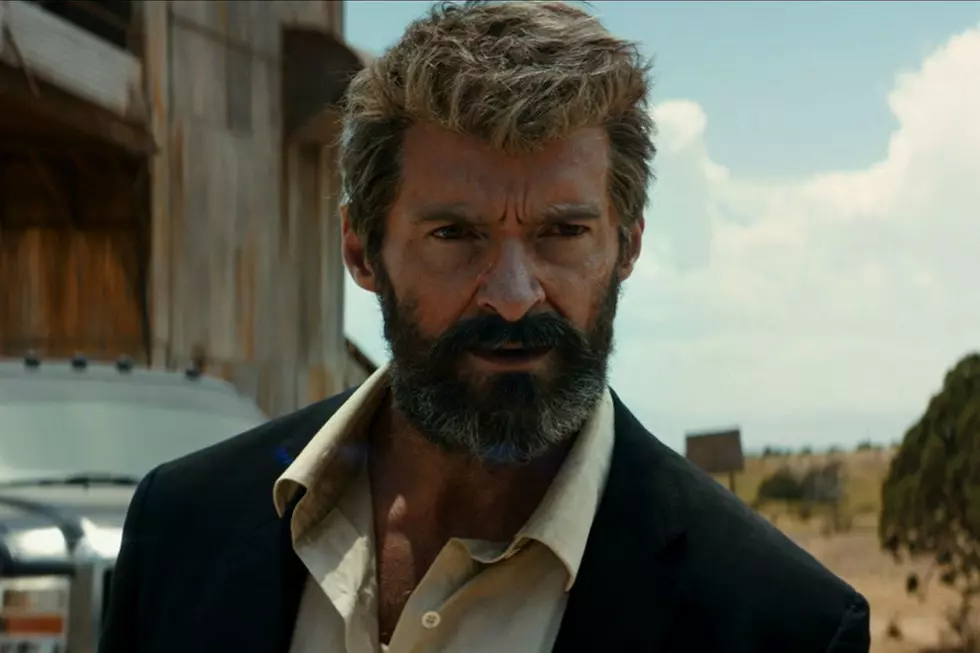
‘Logan’ Screenwriter Explains Why This Film Works Better Than ‘The Wolverine’
There are two ways in which Logan represents a major change for superhero movies. The first, and most obvious, is the maturity of its content. Wolverine swears, Xavier swears, people get decapitated, and both Hugh Jackman and Dafne Keen spend the majority of the film covered in fake blood. Perhaps the more interesting change, though, is what Logan doesn’t do. It doesn’t feel the need to wrap up two decades’ worth of canon, or leave the door open for a sequel, or culminate in a big fight sequence with recognizable faces from the X-Men universe. Put it another way: Logan is the best at what it does, but what it does isn’t very superhero movie-ish.
And that makes Logan, if not the best Marvel or DC superhero movie to date, then certainly the most interesting. In a recent interview with The Hollywood Reporter (via Heroic Hollywood), screenwriter Scott Frank explained why he wasn’t 100% satisfied with his work on The Wolverine and why Logan is — in his opinion, anyways — a much better film:
We didn’t have to connect it to any larger “universe.” Or as Jim keeps saying, “we didn’t have to sell Happy Meals.” And so that was great. Whereas, the last one, my favorite part is where he’s in the middle of rural Japan and with this woman and being a human being and feeling what it’s like to be a human being. But we’re not there very long before we’re back to giant robots and stuff. And then it becomes just another superhero movie with a lot of CG stuff.
Frank has tapped into a sentiment a lot of people share about his previous film. While many people praised The Wolverine’s fresh setting and emphasis on character development, the film does seem to run out of steam in its final act. Our own review of The Wolverine specifically pointed to the big battle at the end as undercutting the film’s tone, reverting back to the “Schumacher-era Batman” movies that emphasized bombast and camp over the “regular guy” movie approach that The Wolverine nails in its first half.
While I’m not quite as sold on Logan as most — I liked the pivot it represented for the comic book genre more than I liked the movie itself — there’s no denying that Frank and director James Mangold were able to maintain their mature tone throughout the entirety of the film’s running time. Logan doesn’t suddenly become your typical superhero movie in the final act; Frank’s script keeps the focus on the relationship between the characters, opening the door for superhero films to tell any type of story in any type of genre that they please. It may not all hang together, but like Frank says, it is definitely a movie that says more about being human than being a mutant.
Logan is now available in theaters everywhere.
More From ComicsAlliance










